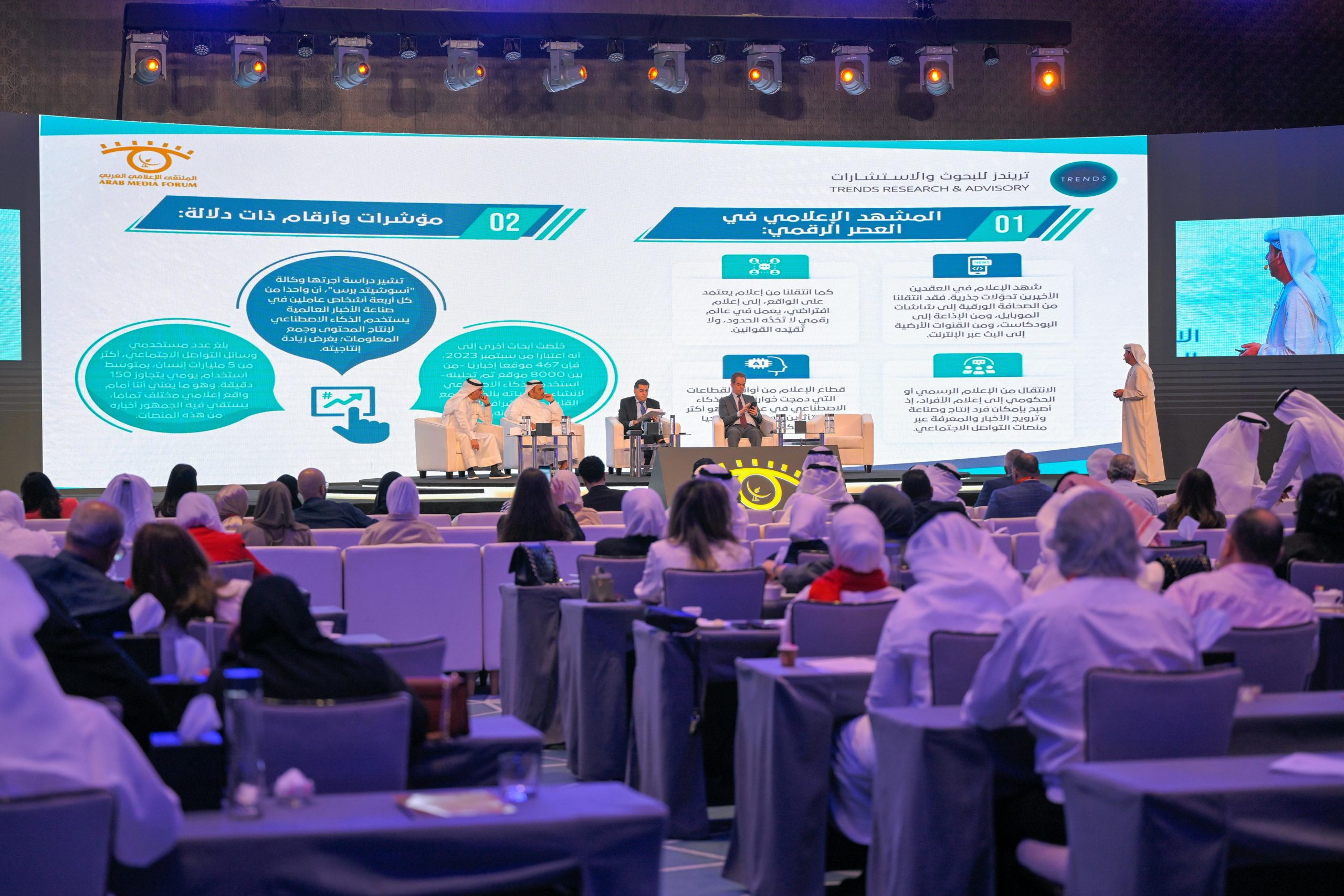Arab ministers of information, senior officials, and media experts affirmed that the media landscape in the Arab world is undergoing a profound transformation driven by rapid advancements in the digital sphere. This necessitates a rethinking of media policies and the development of comprehensive Arab digital strategies that keep pace with emerging changes, laying the foundation for digital media that reinforces cultural identity and addresses key challenges.
These insights were shared during a ministerial session organized by TRENDS Research & Advisory in collaboration with the 20th Arab Media Forum, held in the State of Kuwait under the theme: “Media and the Virtual World: Transformations of the Media Landscape in the Digital Age”.
The session featured H.E. Dr. Ramzan Al-Noaimi, Bahrain’s Minister of Information, H.E. Paul Morcos, Lebanon’s Minister of Information, Mr. Ahmed Al-Muslimani, Chairman of the National Media Authority in Egypt, and Dr. Mohammed Abdullah Al-Ali, CEO of TRENDS Research & Advisory. It was moderated by media professional Dr. Nader Karam.
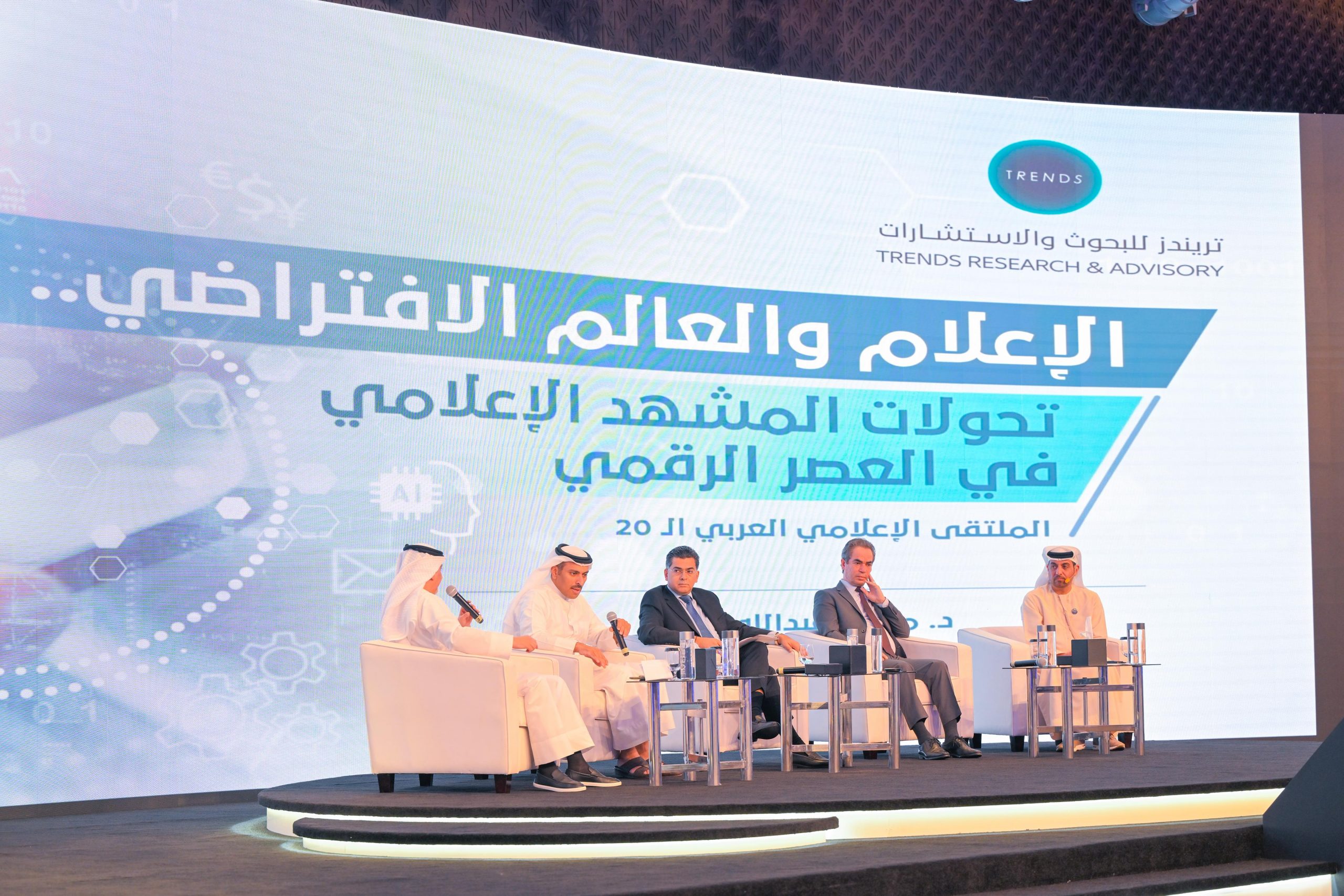
Dr. Mohammed Al-Ali: Massive Shift
In his remarks during the session, Dr. Mohammed Abdullah Al-Ali, CEO of TRENDS Research & Advisory, expressed his pleasure in participating in this prominent Arab media gathering. He praised the State of Kuwait for its excellent organization of the forum and commended the pioneering role played by Counselor Madi Abdullah Al-Khamis, Secretary-General of the Arab Media Forum.
Dr. Al-Ali emphasized that the media is undergoing an unprecedented transformation driven by the digital revolution. He noted that media is no longer confined to traditional outlets, but has become an open space where everyone participates, from individuals to corporations, from digital influencers to robots.
He added that the shift from traditional to interactive and virtual media has introduced unprecedented challenges but also opened vast horizons for innovation and creativity. Artificial intelligence, he explained, has become a central component in modern media operations, from analyzing audience behavior to content creation, combating fake news, and even generating headlines, editing texts, and producing images and videos.
Dr. Al-Ali highlighted that there are now over 4.7 billion active social media users worldwide and nearly 5 billion internet users, underscoring the urgent need for media strategies that can adapt to these massive shifts in audience behavior and access channels. He stressed that “the major task facing media professionals today is not merely the adoption of technology, but the protection of values, the preservation of credibility, and the development of a new generation of media professionals capable of navigating the virtual world with awareness and responsibility.”
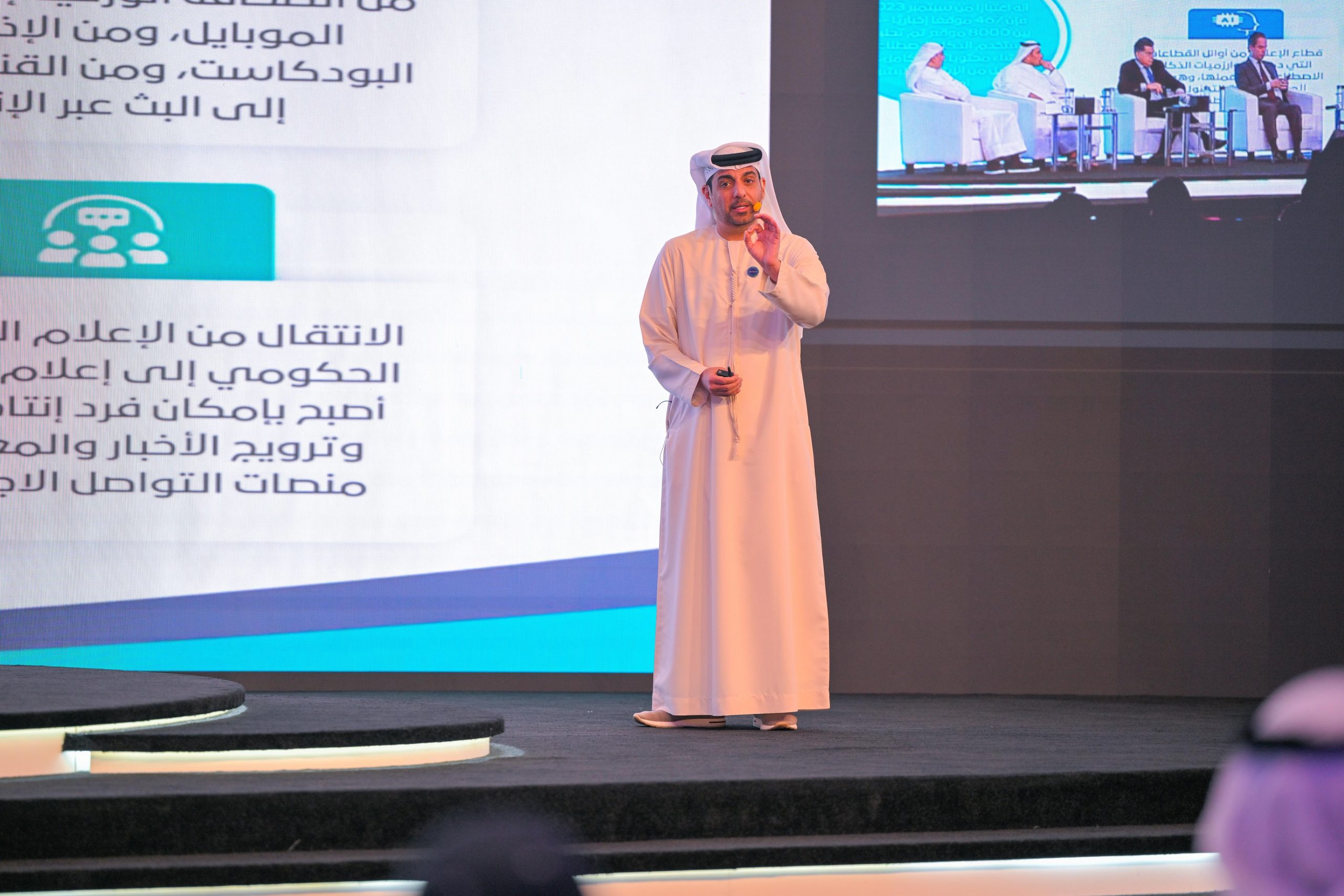
Al-Noaimi: Challenges and Opportunities
H.E. Dr. Ramzan Al-Noaimi, Bahrain’s Minister of Information, emphasized that the rapid transformations taking place globally today require a parallel media movement that adopts renewed strategies to foster creativity and innovation while preserving national values and principles.
He noted that the Kingdom of Bahrain is moving forward in developing its media system to realize this vision, highlighting several initiatives launched by the Ministry of Information, including the Creativity Lab, an initiative aimed at encouraging innovation, embracing modern technologies, and leveraging artificial intelligence to enhance organizational performance and content creation.
Al-Noaimi explained that digital transformation offers both challenges and opportunities, stressing that the virtual world has become a platform for delivering meaningful media messages that reflect the cultural identity of the region’s countries. He called for the adoption of joint Arab media strategies that support the development and elevation of digital content.
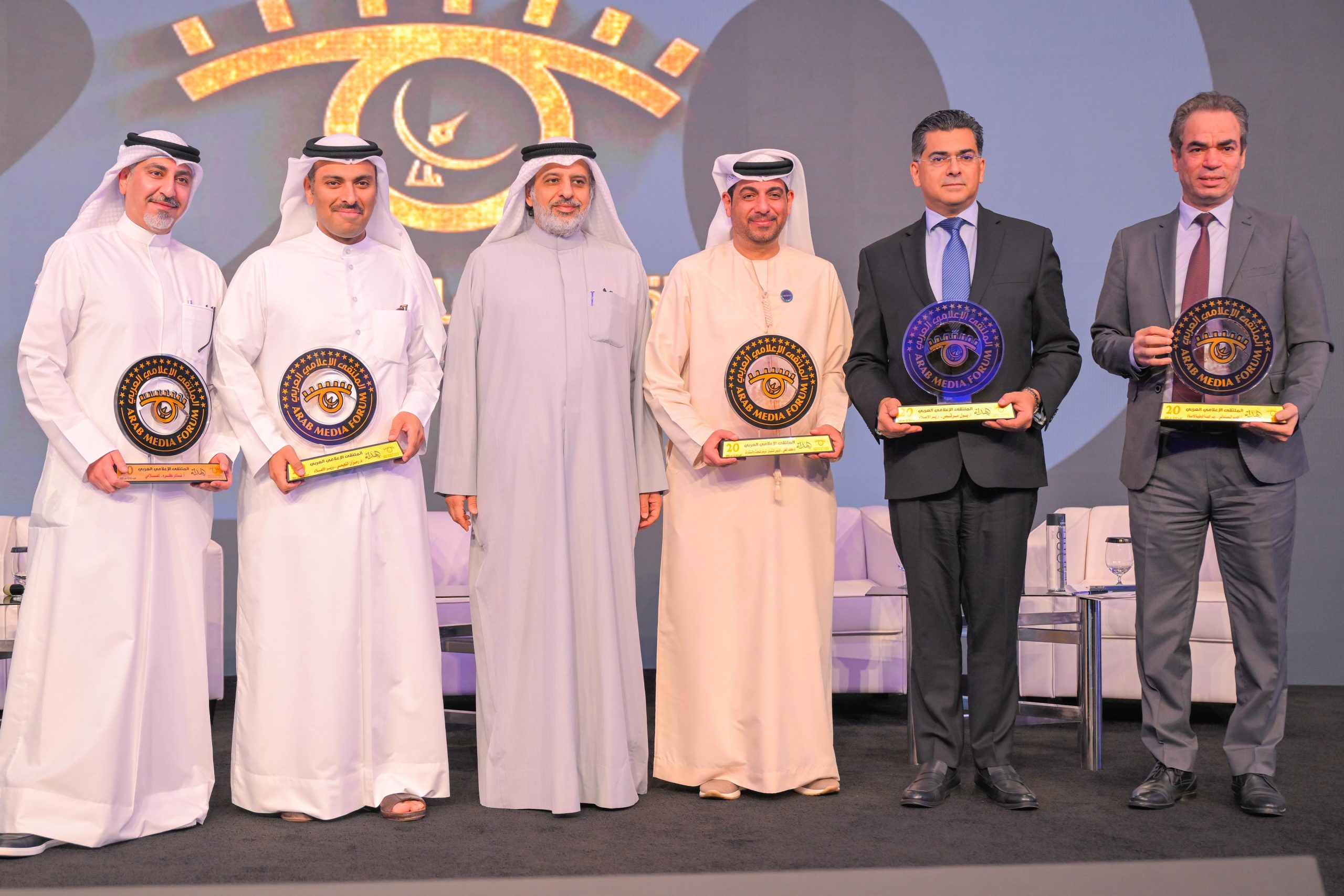
Morcos: The Audience Is an Active Partner
In his remarks during the session, H.E. Paul Morcos, Lebanon’s Minister of Information, emphasized the pivotal moment the Arab media landscape is experiencing amid rapid technological advancement and digital transformation. He highlighted the fundamental shifts in communication structures and the evolution of the audience into an active partner in content creation.
Morcos explained that the digital revolution has brought significant challenges to Arab media, including most notably the crisis of trust and credibility due to the spread of fake news, the decline of traditional media in the face of digital platforms, the inadequacy of existing legislation in keeping up with technological developments, and the urgent need to enhance journalists’ professional skills.
He called for a unified Arab vision to reform the media sector, proposing the establishment of an Arab fund to support digital media, the launch of a regional media training center, and the creation of an Arab observatory for digital media ethics. Morcos stressed the importance of shifting from a reactive approach to a proactive one in content creation.
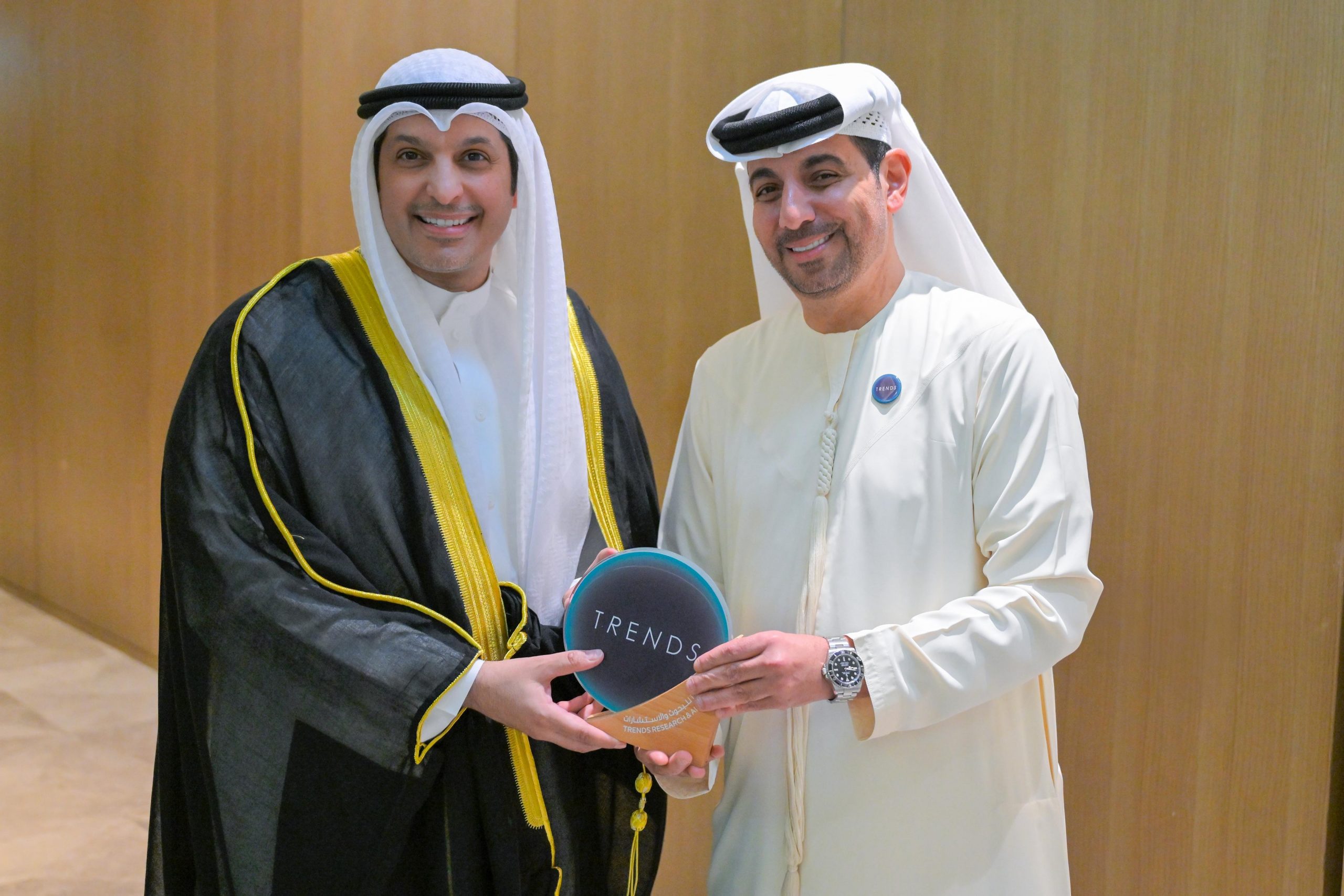
Al-Muslimani: The Need for Governance
Mr. Ahmed Al-Muslimani, Chairman of the National Media Authority in Egypt, explained that the unprecedented volume of information generated by artificial intelligence tools is now reshaping traditional soft power tools. He pointed out that the world is facing a real dilemma, whether to leave digital creativity and industries solely in the hands of individuals and programmers, stressing the urgent need to govern artificial intelligence through legislation and regulations that can curb the negative consequences of its misuse.
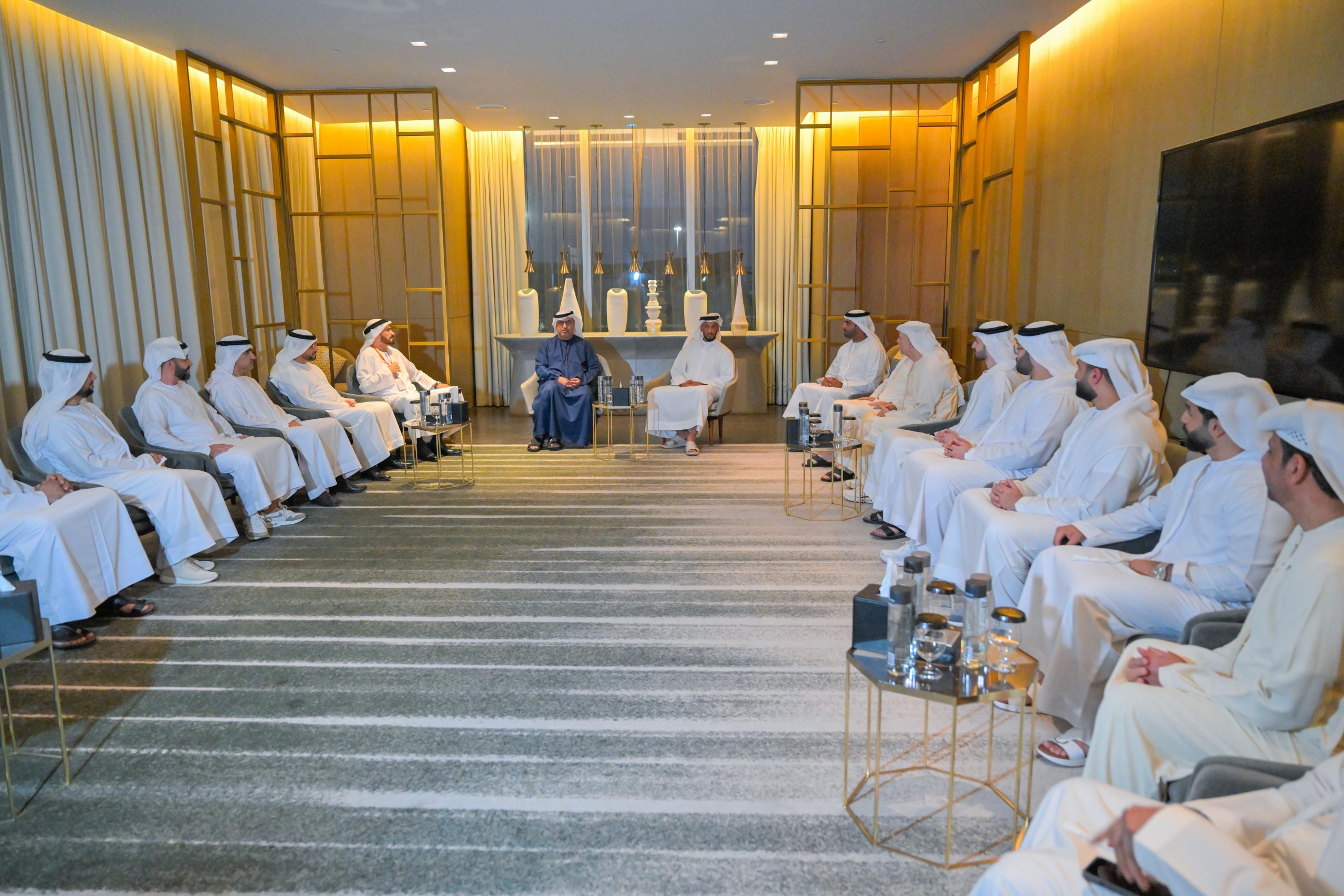
Outlining a Strategic Vision for Arab Digital Media
At the conclusion of the session, participants put forward a set of key recommendations, including: establishing Arab digital platforms to counter the influence of foreign media platforms on local audiences; launching regional initiatives to verify news and combat media disinformation; investing in creative and entertainment content that resonates with Arab youth; preparing a new generation of digital journalists equipped with technical and fact-checking skills; strengthening collaboration between media institutions and think tanks to produce reliable content aligned with rapid technological transformations; supporting the protection of Arab intellectual property; and encouraging regional and international media partnerships. Participants emphasized that the virtual world is not merely a technological environment, but a new cultural and knowledge-driven space. They underscored the importance of the Arab media playing a proactive, rather than reactive, role in shaping its digital future, and called for greater synergy between media, educational institutions, and think tanks to develop credible and objective content.
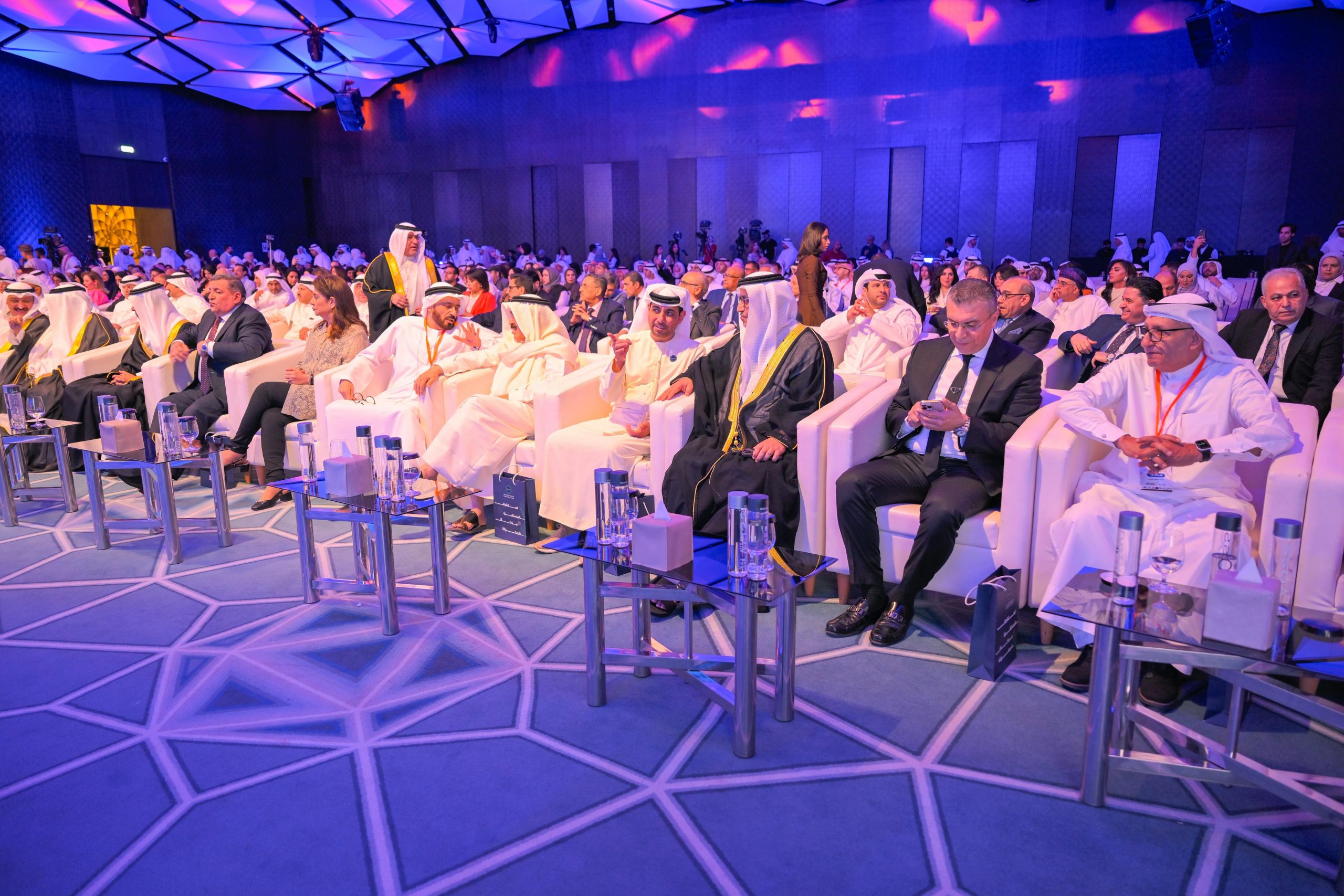
Side Dialogues
On the sidelines of its participation as an organizing partner in the 20th Arab Media Forum, TRENDS Research & Advisory held a series of important meetings focused on the importance of joint collaboration and the complementary relationship between think tanks and media institutions.
Led by Dr. Mohammed Abdullah Al-Ali, CEO, the TRENDS delegation held individual discussions with: H.E. Sheikh Abdulla bin Mohammed bin Butti Al Hamed, Chairman of the UAE’s National Media Office and Chairman of the UAE Media Council; H.E. Abdulrahman Al-Mutairi, Kuwait’s Minister of Information and Culture and Minister of State for Youth Affairs; H.E. Dr. Matar Hamed Al-Neyadi, UAE Ambassador to the State of Kuwait; H.E. Dr. Jamal Sanad Al-Suwaidi, Chairman of the Board of Trustees of the Coalition of Arab Think Tanks and Culture Centers; Dr. Amr Al-Leithy, President of the Organization of Islamic Cooperation Radio and Television Union; Osama Heikal, former Egyptian Minister of Information and Head of the Media and Communication Sector at the Islamic World Educational, Scientific and Cultural Organization (ICESCO); Ahmed Abdulaziz Al-Jarallah, Editor-in-Chief of Kuwait’s Al-Seyassah newspaper; Fadila Al-Muaini, Chairperson of the UAE Journalists Association; Isa Al-Shaiji, President of the Bahrain Journalists Association; and Adhwan Al-Ahmari, Chairman of the Saudi Journalists Association.
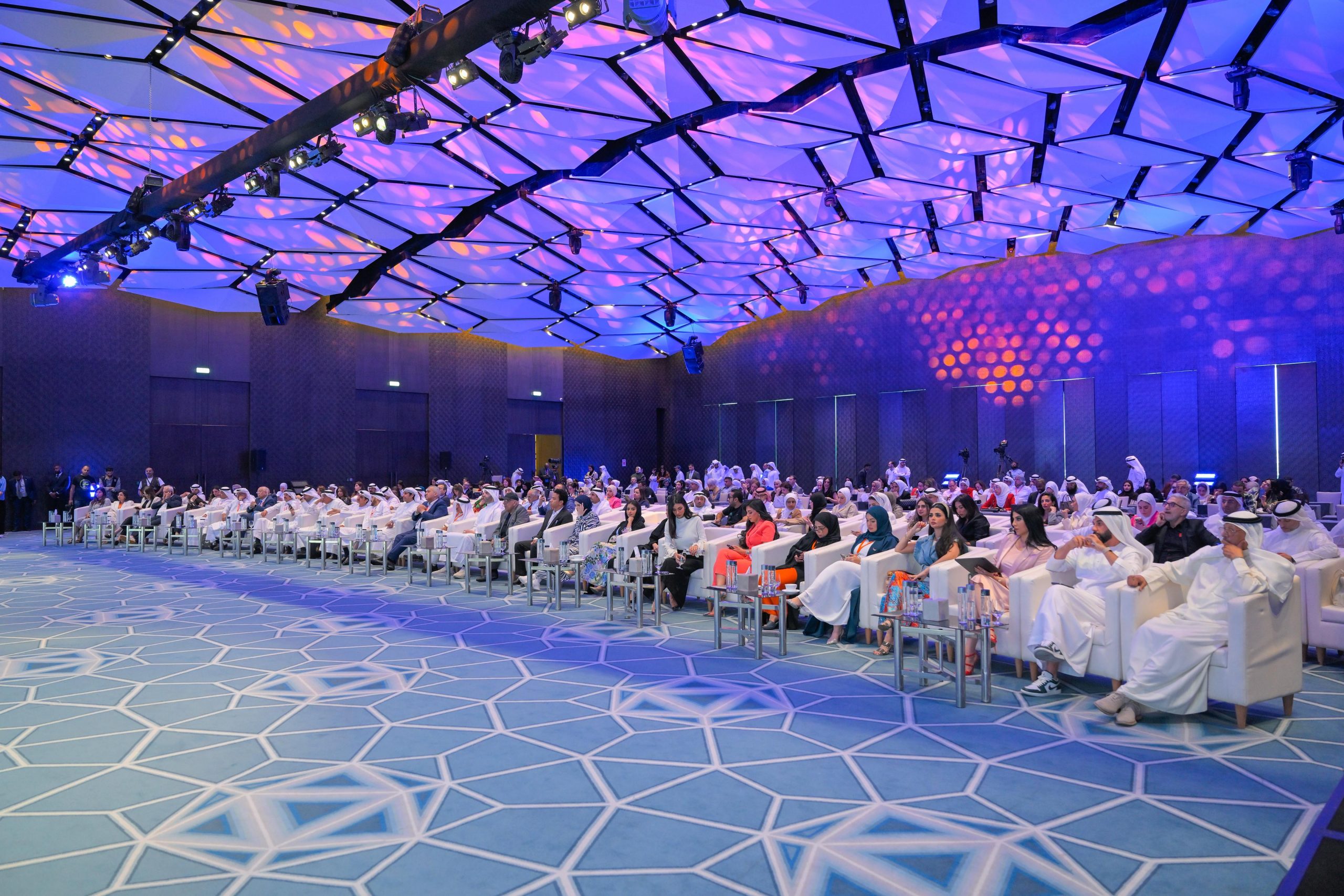
These dialogues explored opportunities for collaboration in media content production and emphasized the importance of involving think tanks in shaping cultural and educational media discourse. The discussions also addressed the need to build partnerships between media outlets and think tanks to enhance the quality of media content.
Dr. Al-Ali stressed that TRENDS’ participation as a partner in the Arab Media Forum stems from its deep belief in the importance of integrating scientific knowledge into the modern media industry, especially in light of the fast-paced challenges facing Arab media in the digital age.



